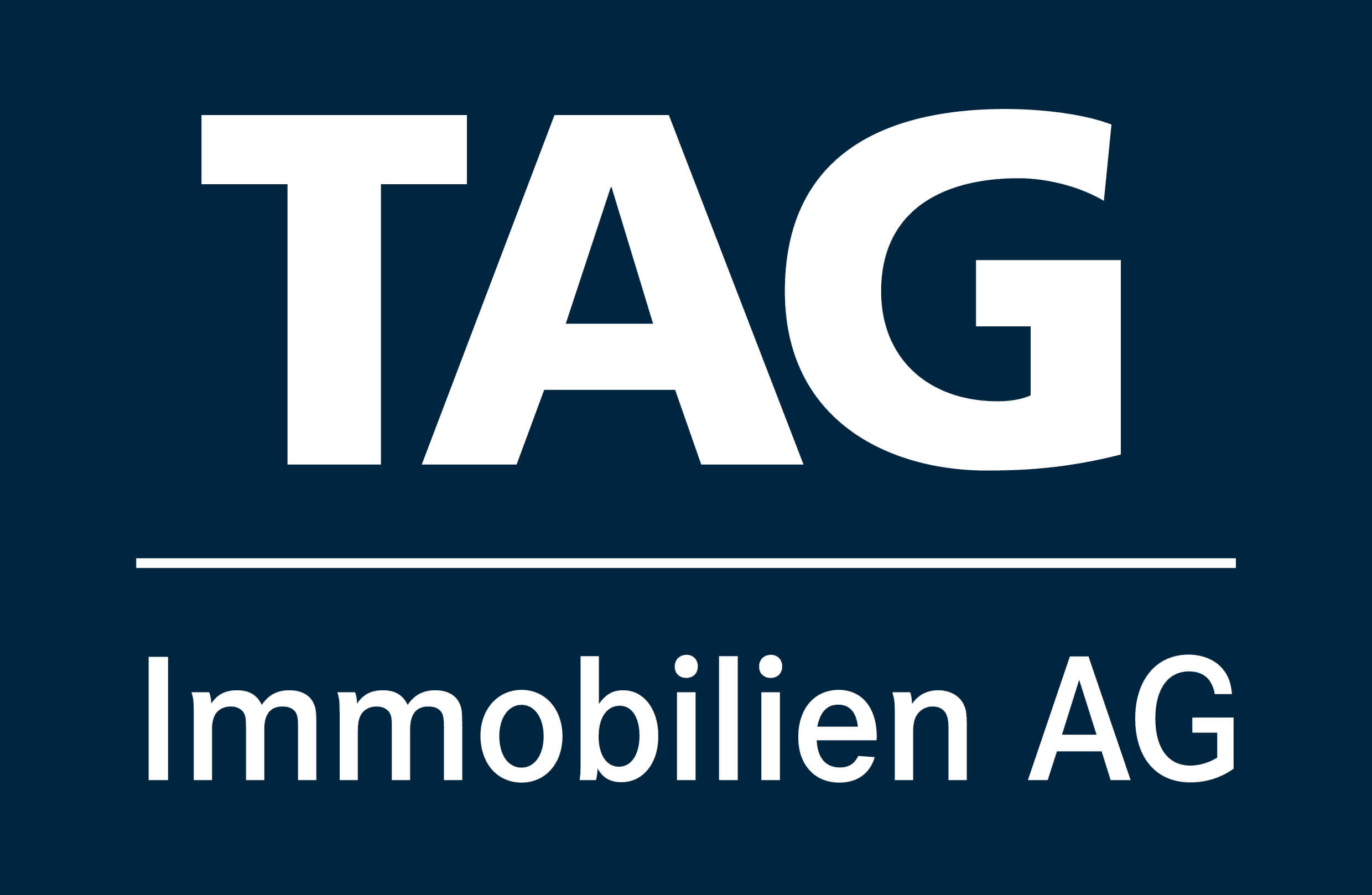Information sheet for business partners on preventing and combating corruption
I. What is corruption?
In the legal sense and in the context of the relevant business operations of the TAG Group (TAG Immobilien AG and its Group companies based in Germany, hereinafter referred to as “TAG”), corruption or bribery means offering, promising or granting (active corruption) or accepting (passive corruption) incentives, favours, preferential treatment and other material and immaterial benefits that are intended to influence fair, objective and appropriate business decisions in order to favour the provider of the benefit or a third party, resulting in a breach of duty or the violation of competition law.
Example: Business partner (e.g. contractual partner/contractor) A wants to obtain an order from TAG but knows that several companies are competing for it. He therefore offers a cash payment to a TAG employee responsible for awarding the contract or another business partner involved in the award process (e.g. planner/architect) so that business partner A will be awarded the contract.
Corruption is not a trivial matter. Rather, it is a separate criminal offence in business dealings, both for the party providing the benefit (Section 299 (2) of the German Penal Code) and for the party receiving it (Section 299 (1) of the German Penal Code), with potentially drastic consequences, including up to 3 years’ imprisonment. Other offences associated with corruption may include fraud, embezzlement, collusion to avoid competition in requests for tenders or money laundering.
It is not only the acceptance or grant of financial or other benefits that is unlawful and punishable but also any act to offer them or, conversely, a request for or the solicitation of a benefit, even if it is ultimately not granted. Benefits include all inducements that are liable to encourage the employee or authorised representative of the company purchasing the goods or services to allow themselves to be guided by improper considerations when choosing between competing suppliers. These are benefits of a material or immaterial nature that objectively improve the economic, legal or personal situation of the recipient and to which they are otherwise not entitled.
Examples: Direct or indirect monetary payments, gifts, invitations, entertainment, discounts or an item of financial value, including services.
II. Avoidance of corruption
TAG conducts its business fairly, honestly and transparently, and does not tolerate any form of corruption on the part of its employees or business partners. No bribes are offered or paid. TAG does not accept bribes – either directly or indirectly. The central elements of TAG’s anti-corruption practices include its business principles, the anti-corruption policy, the authorisation and signing policy (dual control principle) as well as the purchasing and donation policies, which specify clear rules of conduct for TAG employees. The rules of conduct for TAG employees with regard to the company’s business relationships, which are set out in the business principles, are specified in greater detail in the anti-corruption policy, which also governs responsibilities, in order to prevent from the outset any conduct that could give rise to the impression of undue influence or coercion (“zero tolerance principle”).
TAG does not tolerate any form of corruption or practices on the part of its business partners that could give rise to the impression of undue influence or coercion (“zero tolerance principle”). Every business partner must behave in accordance with these principles. TAG’s requirements for business partners are based on the principles of transparency and fairness and are set out in its business partner code, which business partners undertake to comply with.
III. Conflicts of interest
Business and/or personal relations between business partners and their employees with TAG employees must be disclosed to TAG by the business partners at all times – from the initiation of the business relationship to its termination – in order to rule out any conflicts of interest. A conflict of interest may always arise if, as a result of business or personal relations, it is no longer possible to guarantee that a business decision is made solely on an objective basis, but is guided or influenced by the existence of the close relationship.
IV. Response in the event of any suspicion – the whistleblower system
Reports of potential compliance violations can avert damage to TAG. By recognising violations in good time, it is possible to take immediate action and prevent any violations. TAG has a whistleblower system with various reporting channels for the submission of information and any information on compliance violations (https://www.tag-ag.com/ueber-die-tag/compliance/hinweisgebersystem). The rules of procedure (https://www.tag-ag.com/ueber-die-tag/compliance/verfahrensordnung-hinschg-und-lksg) explain the reporting channels, the procedure involved, responsibilities and confidentiality.
V. Sanctions and legal consequences
TAG expects its business partners to comply with its rules on preventing and combating corruption and its zero-tolerance policy and to behave accordingly. A proven violation will not be tolerated by TAG and will result in sanctions that may lead to a temporary or permanent suspension of the business relationship as well as other legal remedies, particularly the recovery of damages.
